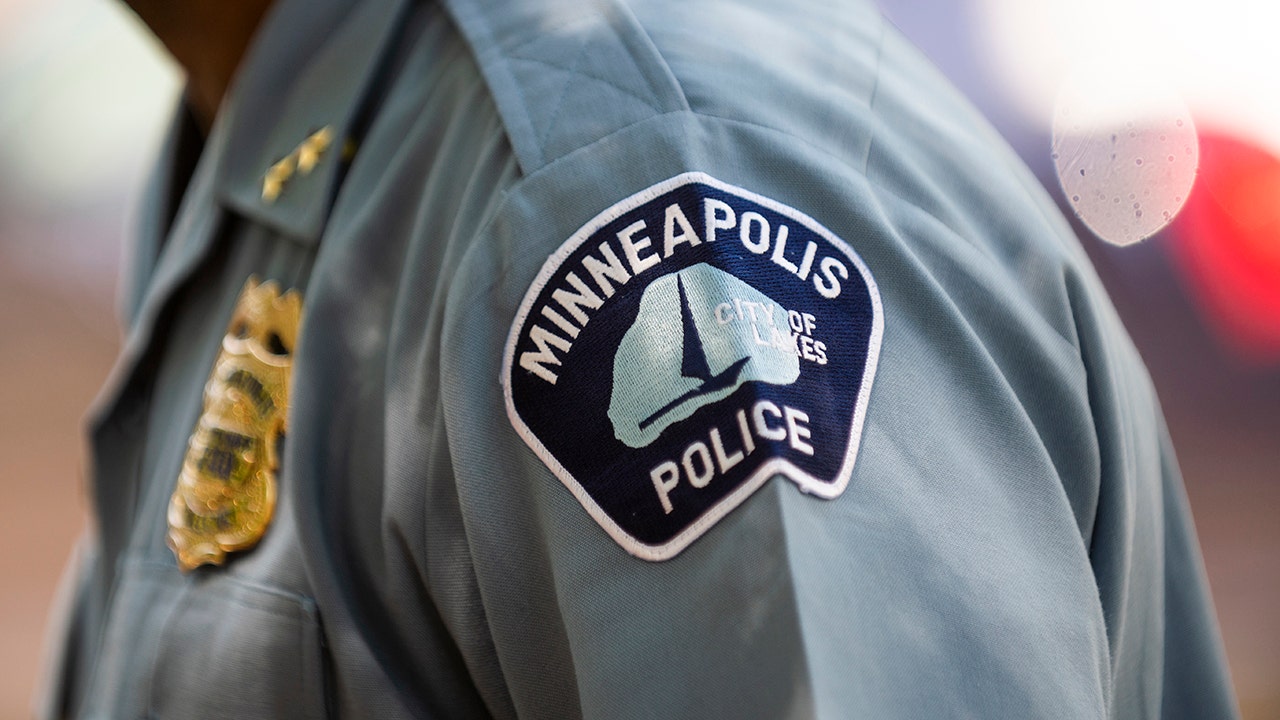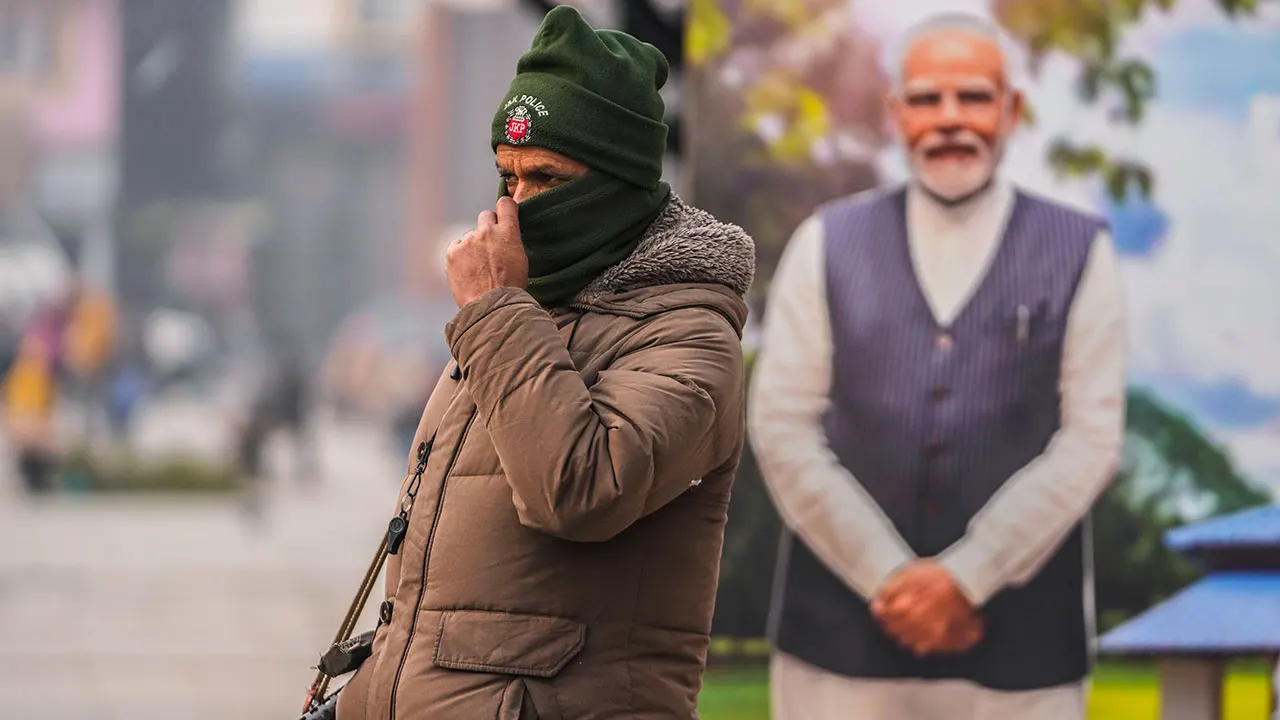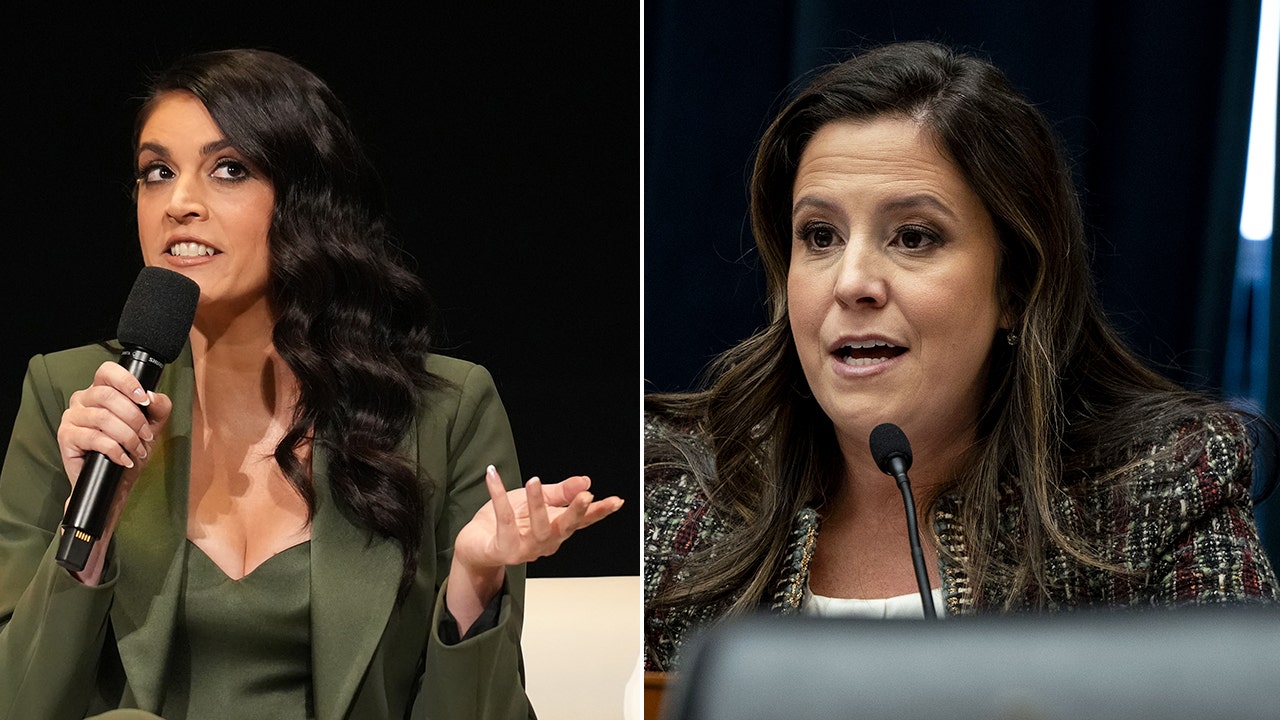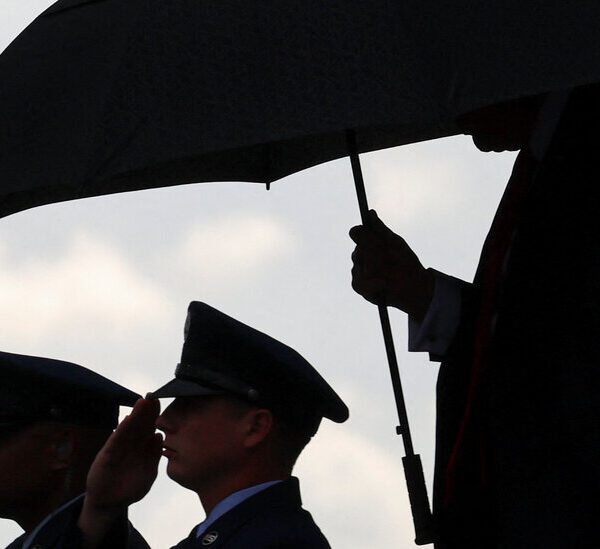One candidate for governor of New Jersey was arrested. Another won a coveted endorsement from President Trump. And the rules that for decades governed primaries in the state were deemed unconstitutional, shattering the traditional playbook for all the candidates hoping to be elected the next governor.
At 6 a.m. on Tuesday, voters began casting their final primary ballots, closing a yearslong chapter in an extraordinary election cycle.
The winners of the Democratic and Republican primaries will compete in November’s general election after a race heavily influenced by external forces.
After lawsuits and a ruling by a federal judge, the names of six Democrats and five Republicans vying for their party’s nomination were printed on ballots redesigned to diminish the power of county political bosses. The candidates competed for attention from a shrinking number of news outlets. And the messages they delivered were frequently overshadowed by the upheaval in Washington that has defined the first five months of Mr. Trump’s second term as president.
Lauren Welch, 43, moved to New Jersey from Washington, D.C., about two years ago, and said she was excited to cast a vote Tuesday in an election that was not a foregone conclusion.
“I know it’s going to be a close race in November,” said Ms. Welch, a Democrat, “so I voted for the person I felt was most likely to win.”
For her, that candidate was Representative Mikie Sherrill, a former U.S. Navy helicopter pilot who has been in Congress since 2019.
The matchups in the governor’s race primaries feature seasoned and politically savvy candidates, and the nominees selected are likely to win by narrow margins, leading a Princeton University elections expert to make a case last week for ranked-choice voting, a selection process already used in New York City.
The Democratic competition also includes Representative Josh Gottheimer; two big city mayors, Ras J. Baraka of Newark and Steven Fulop of Jersey City; Sean Spiller, the president of the New Jersey Education Association; and Steve Sweeney, a former State Senate president. The leading candidates on the Republican side are Jack Ciattarelli, a former state assemblyman who in 2021 came within three points of beating Gov. Philip D. Murphy; Bill Spadea, a former radio show host; and State Senator Jon M. Bramnick.
The candidates raised and spent more than ever before to introduce themselves to voters. Still, an April survey by Rutgers University’s Eagleton Institute of Politics found that only 25 percent of respondents were aware there was an election in June.
“The party-centered campaigns are giving way to candidate-centered campaigns,” said Micah Rasmussen, director of Rider University’s Rebovich Institute for New Jersey Politics. “And it can be hard to find a way to differentiate yourself.”
Mr. Murphy, a Democrat, is barred by term limits from running for a third consecutive term, and his successor in Trenton, N.J., will inherit significant challenges in a state with some of the country’s highest property taxes and housing costs.
To pay for the large tax cuts that Mr. Trump supports, Republicans in Congress are mulling significant changes to Medicaid, which helps to pay for health care for more than 1.7 million New Jersey residents. Federal funding for mass transit is at risk, as are policies and research aimed at slowing climate change. And in a state with an estimated 440,000 undocumented residents, the president’s immigration crackdown has pushed many families further into the shadows.
“Who is in that seat in Trenton is going to matter a lot to what your life looks like four years from now,” said Daniel Cassino, a politics and government professor who directs polling at Fairleigh Dickinson University.
New Jersey and Virginia are the only states that hold races for governor the year after a presidential election. The results are often seen as an early barometer of voter sentiment ahead of the following year’s congressional midterm races, which can shift the balance of power in Washington.
But turnout is frequently low.
Eight years ago, when New Jersey voters were choosing nominees to run for an open seat after former Gov. Chris Christie’s second term, just 15 percent of registered Democrats and Republicans cast ballots.
This year, there were six days of early voting at polling locations throughout the state.
The pace of early voting was brisk, according to a tally by an election researcher for The Associated Press, Ryan Dubicki.
As of Sunday, about 318,000 voters had already mailed ballots or deposited them in secure drop boxes. More than 148,000 people voted early at polling locations.
The race featured several wild-card factors.
Mr. Baraka was charged with trespassing last month outside a private jail in Newark that has a lucrative contract with U.S. Immigration and Customs Enforcement to detain undocumented migrants. Prosecutors dropped the charges 13 days later, but his arrest made national news for weeks.
Separately, the Justice Department has sued over policies that it says make Newark and Jersey City “sanctuary cities.” Mr. Baraka and Mr. Fulop, unsurprisingly, disagree.
There are also a handful of hotly contested primaries for the State Legislature, including several that include candidates backed by Mr. Fulop, the only candidate for governor to run with a slate of like-minded contenders. Political observers are watching the potential for down-ballot energy to spin off crucial votes for Mr. Fulop in densely populated parts of the state.
Both mayors have been jockeying for second place in the Democratic primary behind Ms. Sherrill of New Jersey’s 11th Congressional District, according to polls.
And the three other Democratic candidates — Mr. Gottheimer of the Fifth Congressional District, Mr. Spiller and Mr. Sweeney — all have viable pathways to victory on Tuesday.
On the Republican side, Mr. Trump last month endorsed Mr. Ciattarelli. In a dial-in telephone rally last week, the president told supporters that Mr. Ciattarelli was the candidate best prepared to help New Jersey, a state led by Democrats, “pop out of that blue horror show.”
Mr. Ciattarelli’s alliance with a divisive president in a state where registered Democrats vastly outnumber Republicans could prove to be a liability if he wins the nomination.
“I could never support someone who is aligned with that,” said Christopher Watson, an urban planner who emigrated from Guyana decades ago and lives in Newark.
A Democrat, he cast his ballot Tuesday for Mr. Baraka, who he believes represents “striving middle-class idealism.”
“He understands that a rising tide should lift all boats,” Mr. Watson, 47, said. “And I don’t think that’s a Robin Hood policy.”
Mr. Bramnick, a moderate Republican who has been critical of Mr. Trump, has noted the Democratic Party’s registration advantage and argued that his centrist policies make him the candidate best prepared to appeal to the 2.4 million voters in New Jersey who are not registered with either major party.
Mr. Spadea, who is running for the nomination from the far right, had also sought Mr. Trump’s backing. In a television ad released after the president endorsed Mr. Ciattarelli, Mr. Spadea encouraged voters to think for themselves.
“I’ve disagreed with him in the past,” Mr. Spadea says about Mr. Trump. “And it’s OK for you to disagree with him now.”
Deirdre Koczur, a Republican, said national politics had almost nothing to do with her decision making on Tuesday. Ms. Koczur, 29, of Cranford, N.J., said she was mainly concerned about overdevelopment in the flood-prone suburb where she lives.
Last year, New Jersey enacted legislation to streamline the development of affordable housing, but dozens of affluent suburban communities tried to block its implementation. Each of the candidates have distinct ideas on how, and where, to build needed affordable housing, and the issue is likely to be one of the clearest policy differences in November’s general election.
“We have to find a way to develop in a way that’s appropriate for our area,” said Ms Koczur, who said she voted Tuesday for Mr. Ciattarelli.
Mark Bonamo contributed reporting.















